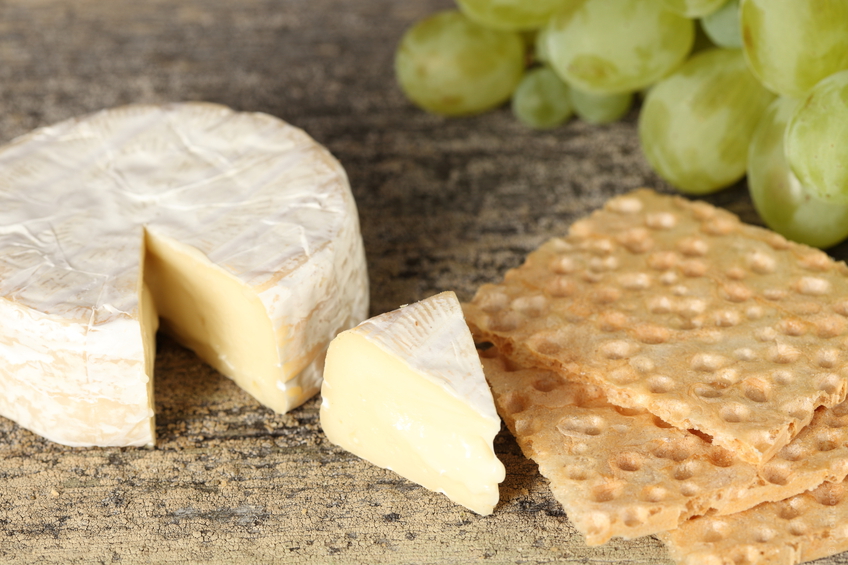Green Smoothie Health Benefits and Facts
About the Green Smoothie
Green smoothies are everywhere. Go to the bookstore and you’ll find titles such as the ‘Green Smoothies Diet’ and ‘Green Smoothie Revolution.’ But what are green smoothies? Do these blended drinks taste like grass? Do you have to buy a $500.00 blender to make them? Many people think that is the case…HARDLY! I was a green smoothie sceptic at first but now I’m a huge fan and have fun experimenting with all kinds of fruit and vegetable combinations. There is no one-and-only ‘green smoothie.’ This post, Green Smoothie Health Benefits and Facts, is the first of an ongoing series…I will review the ‘Green Smoothies Diet’ (and others); provide recipe and ingredient suggestions, review high-powered blenders, provide dietitian-specific guidelines as well as a nutrition facts for green smoothie recipes.
xanax
A green smoothie is simply a cold, blended fruit and vegetable drink of an almost milkshake-like consistency (or a bit thinner). Most individuals are familiar with traditional fruit smoothies which include frozen/fresh fruit, dairy milk or a non-dairy substitute, yogurt and perhaps an added sweetener, such as honey or agave nectar. With green smoothies, you substitute some of that fruit with vegetables, such as baby spinach, carrots, kale, sweet peppers, avocado, broccoli and fresh herbs like mint and basil. I like to use a bit of light coconut milk – you need less liquid than you might think since veggies have such a high percentage of water. Though ice is a recommended ingredient to keep the smoothie ‘frosty’ I prefer prednisone to simply freeze some of the produce as I like creamy smoothies better than icy blends. What about wheatgrass juice, flaxseed oil, protein powder and other ‘functional’ ingredients? We’ll get to that in future pieces.
Green Smoothie Benefits
So, what are the benefits of drinking a green smoothie (every day or at least regularly?)…you are consuming the whole fruit/ vegetable, often with the skin which includes all of the nutrients as well as a healthy dose of dietary fiber. Simply stated, if you choose your green smoothie ingredients wisely to ensure that you have a good balance of carbohydrate, protein and fat, you have klonopin the perfect meal; packed with vitamins, minerals and phytochemicals or substances in plant foods that fight disease and promote health. While the smoothie may not be ‘low-calorie’ – the recipes you find here will not be high in calories, providing enough for a meal substitute. The main benefit of drinking green smoothies is that doing so makes it easier and more fun to consume a nutrient-rich diet.












